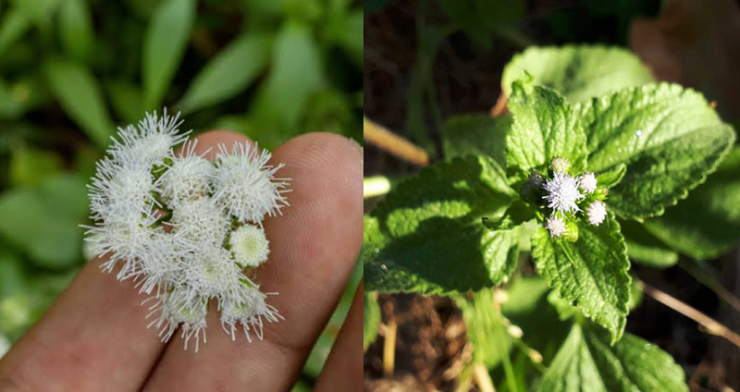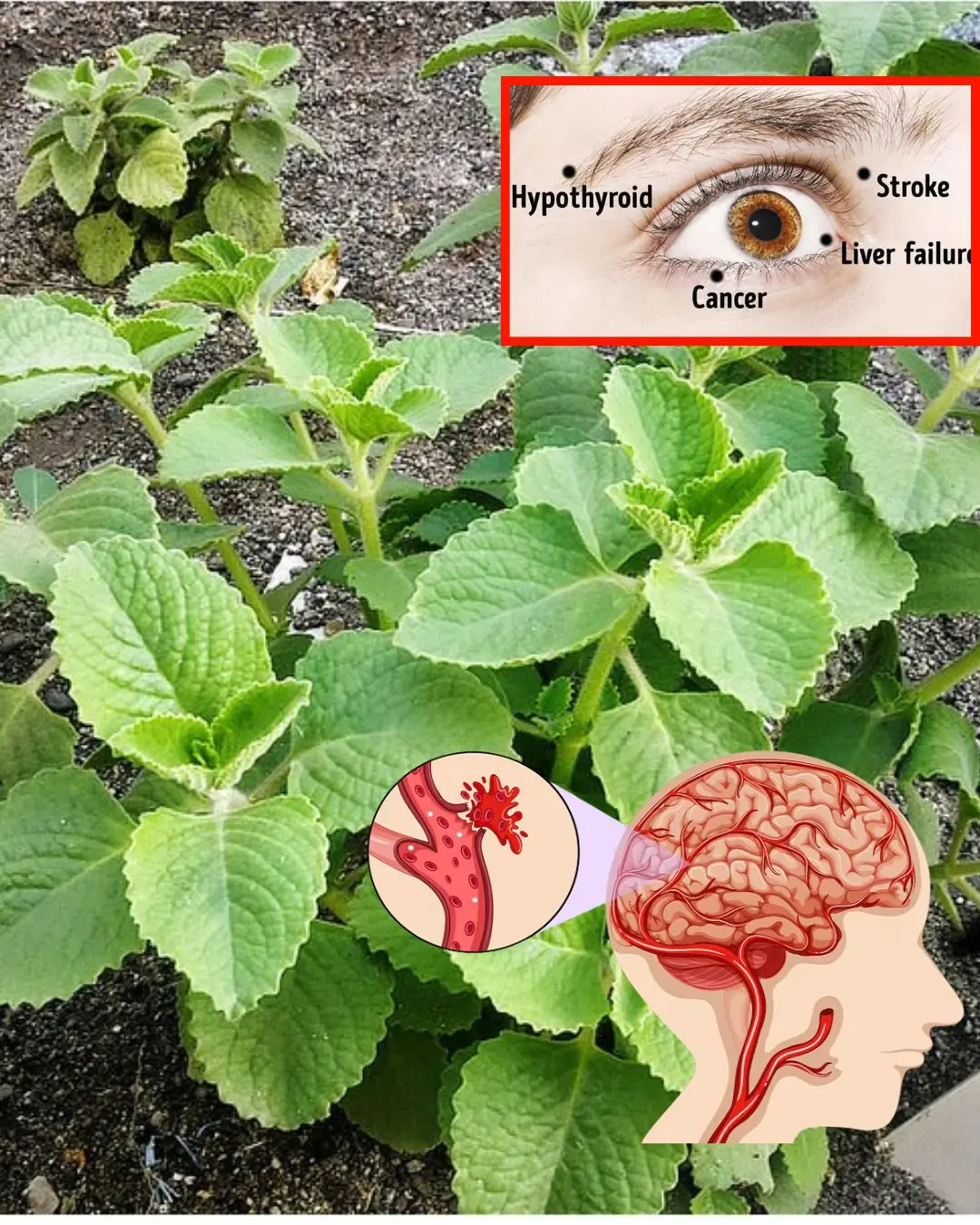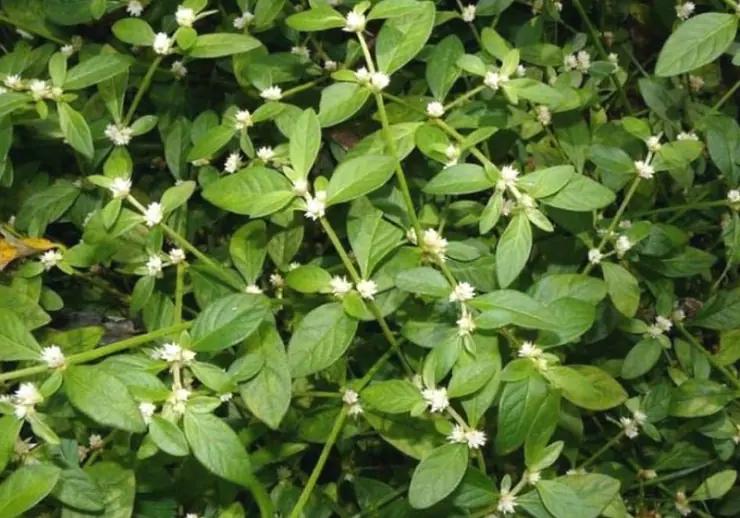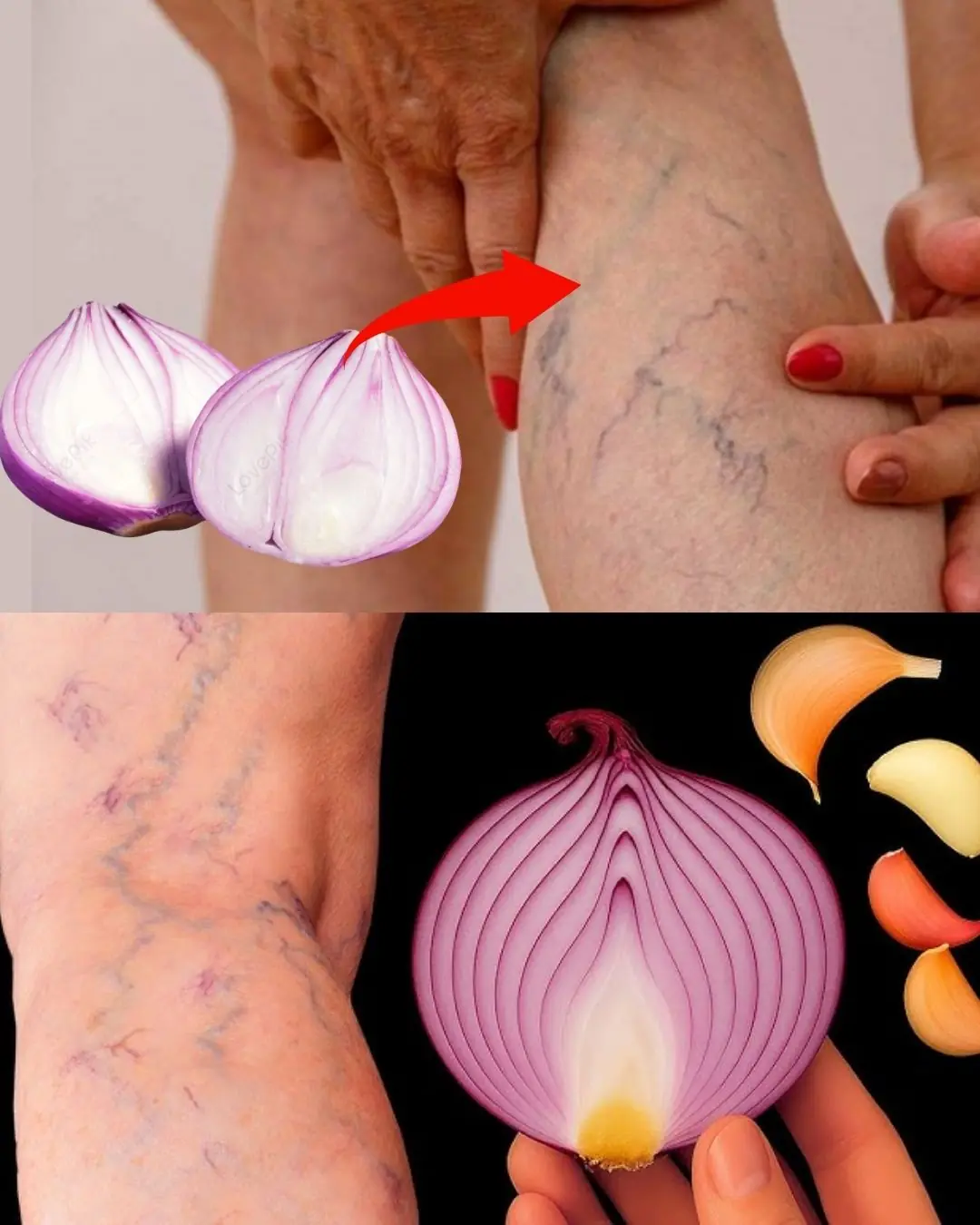
7 Benefits and Uses of Ageratum conyzoides

Ageratum conyzoides, commonly referred to as Billy Goat Weed, Tropical Whiteweed, or Goatweed, is a flowering plant that has been used for centuries in herbal medicine across Africa, Asia, and South America. This versatile plant is highly valued for its potential medicinal properties, particularly its anti-inflammatory, antimicrobial, and wound-healing effects. Below are seven key benefits and uses of Ageratum conyzoides, both in traditional practices and modern-day applications.
1. Natural Wound Healing and Skin Care
✔ The leaves and stems of Ageratum conyzoides contain bioactive compounds such as flavonoids and tannins, which are essential for promoting faster wound healing.
✔ In traditional medicine, the plant is frequently used in treating cuts, burns, and ulcers. Crushed leaves are applied to these areas to speed up recovery and reduce the risk of infection.
✔ Its antiseptic properties make it an excellent remedy for preventing bacterial contamination in wounds.
How to Use:
-
Poultice: Crush fresh leaves and apply them directly to cuts, burns, or insect bites.
-
Herbal Wash: Boil the leaves in water, allow it to cool, and use the infusion as a skin wash for wounds or infections.
2. Anti-Inflammatory Properties
✔ Ageratum conyzoides is rich in bioactive compounds, including alkaloids, flavonoids, and coumarins, which have potent anti-inflammatory effects.
✔ Traditionally, it has been used to reduce swelling, alleviate joint pain, and relieve muscle aches. Its ability to target inflammation makes it an invaluable part of many traditional health practices.
How to Use:
-
Tea or Decoction: Prepare a mild herbal tea using dried Ageratum leaves and consume it in moderation to treat inflammation-related conditions.
-
Topical Application: Use a compress soaked in Ageratum extract to relieve sore muscles and joints.
3. Antimicrobial and Antifungal Activity
✔ Studies suggest that Ageratum conyzoides possesses antibacterial and antifungal properties.
✔ The plant has been traditionally used to treat skin infections, rashes, and fungal diseases like athlete’s foot.
✔ Some research also indicates its potential in inhibiting harmful bacteria, including Staphylococcus aureus and other strains.
How to Use:
-
Topical Paste: Apply crushed leaves mixed with coconut oil directly to affected skin areas to treat infections.
-
Herbal Foot Soak: Boil leaves in water and use as a soak for fungal infections like athlete’s foot.
4. Traditional Respiratory Support
✔ Ageratum conyzoides has been used in various cultures to relieve symptoms of respiratory ailments such as coughs, asthma, and bronchitis, thanks to its expectorant properties.
✔ The plant helps loosen mucus in the respiratory tract, easing breathing difficulties and promoting better air passage.
How to Use:
-
Steam Inhalation: Add the leaves to boiling water and inhale the steam to clear nasal congestion and ease breathing.
-
Herbal Tea: Drink Ageratum leaf tea in moderation to soothe respiratory discomfort.
5. Potential Pain Relief (Analgesic Properties)
✔ Traditionally, Ageratum conyzoides has been used as a natural pain reliever for headaches, toothaches, and stomach pains.
✔ Some compounds found in the plant act on the nervous system to reduce pain sensitivity, making it useful for various aches.
How to Use:
-
Chewing Leaves: In certain cultures, fresh leaves are chewed to alleviate toothaches.
-
Herbal Compress: Apply warm Ageratum leaf extract to the forehead for headache relief.
6. Helps Control Insect Bites and Repels Mosquitoes
✔ The strong aroma of Ageratum conyzoides acts as a natural mosquito repellent.
✔ Traditionally, the plant is used to treat insect stings, bee stings, and snake bites.
✔ Some studies suggest the plant's potential as a biopesticide due to its insecticidal properties.
How to Use:
-
Crushed Leaves as Insect Repellent: Rub fresh leaves on the skin to repel mosquitoes and other insects.
-
Poultice for Bites: Apply mashed leaves directly to insect bites or stings for immediate relief.
7. Used for Digestive Health
✔ Some traditional herbalists use Ageratum conyzoides to treat digestive issues such as diarrhea, dysentery, and indigestion.
✔ It helps reduce stomach cramps and bloating due to its mild astringent and antimicrobial effects.
How to Use:
-
Mild Herbal Infusion: Prepare a weak tea from the dried leaves and sip it in small amounts to relieve mild digestive discomfort.
-
Poultice for Stomach Pain: Apply a warm leaf paste to the stomach to help reduce bloating and discomfort.
Precautions
-
Not for Long-Term Use: Some compounds in Ageratum conyzoides, such as pyrrolizidine alkaloids, can be toxic in large amounts. Therefore, prolonged internal use should be avoided.
-
Pregnant & Nursing Women: Should consult a healthcare provider before using this plant, as some compounds may affect pregnancy and breastfeeding.
-
Potential Allergies: Some individuals may develop skin irritation or allergies when applying the plant topically. Always perform a patch test before use.
-
Use in Small Quantities: While it offers numerous benefits in traditional medicine, modern research on its long-term safety is still limited, so it is best to use the plant in moderation.
Conclusion
Ageratum conyzoides (Billy Goat Weed) is more than just a common weed—it has a rich history of use in traditional medicine for treating a variety of ailments, from wound healing and respiratory support to pain relief and insect repelling. Although it shows great promise as a natural remedy, caution should be exercised with its use, especially with prolonged internal consumption. As always, consulting a healthcare professional before incorporating Ageratum conyzoides into your wellness routine is highly recommended.
News in the same category


10 Shades of Japanese Whitening Secrets: Rice-Based Beauty Formula for Wrinkle-Free, Spotless Skin

Don’t Boil Eggs Directly In Water — Here’s How FIVE-STAR Hotels Cook Their Eggs!

Home Remedies with Cuban Oregano (Orégano Orejón) to Improve Vision

Flush Out Toxins Naturally: Support Your Kidneys, Liver, and Lungs for Vibrant Health

Restore Your Vision Naturally: A Simple Ginger and Lemon Recipe

Why Jade Plants Are Your Home’s Secret Weapon

A Gentle Bedtime Drink for Energy, Clarity, and Wellness After 45 🌿💪

Morning Detox Elixir: Olive Oil, Lemon & Ginger – The Natural Cleanse You Need Daily

Red Clover: 15 Amazing Benefits and How to Use This Healing Herb

7 Surprising Benefits of Euphorbia Hirta

Purslane: The Superfood That Tastes Better Than Meat – 7 Reasons to Grow It in Your Garden

12 Moringa Seed Benefits You’ll Never Hear from Your Doctor (But You Should Know)

Ditch the Pills: Unlock Chayote’s Secret to Pain-Free, Vibrant Health! 🥗

Hair Growth Juice – Amla Juice & Curry Leaves for Hair

Can Guava Leaves Transform Your Hair Overnight?

Sessile Joyweed (Alternanthera sessilis): 6 Incredible Health Benefits and How to Use It Naturally

✨ Unbelievable! This Is a Vein Killer! Erase Varicose Veins Like an Eraser! 🔝 2 Natural Recipes 🤩

Reverse Cavities Naturally with This Secret
News Post

Save this valuable remedy that helps de:toxify and can save the life of someone bitten by a ra:bid d:og or snake in just 1 minute.

The method to drive away an entire rat colony using just a handful of rice, without the need for harmful poisons.

Clean your house with this simple trick using water, and the house will be as clean as new, with no dust sticking, even if you don't clean it for a whole week.

Simple Homemade Cough Syrup Removes Phlegm From The Lungs

Eat this #1 meal to help unclog your arteries naturally

Canker Sores Are The Absolute WO:RST…Here’s How To Get Rid of Them Fast!

Mimosa Pudica Tea: How to Prepare and Health Benefits

Tips to clean rust from gas stoves with rice water and cooking oil, seems like a joke but the effect is surprising, the stove is sparkling clean

5 things you should never put in the washing machine, not only can they not be cleaned, they are also dangerous

The small round hole at the end of the nail clipper is useful

Mix toothpaste with rice water: Great use, solves problems both men and women encounter

Eating green bananas this way is very good for your health

Unexpectedly reduce electricity bill with the trick of putting tissue paper in the refrigerator - Anyone can do it

10 Shades of Japanese Whitening Secrets: Rice-Based Beauty Formula for Wrinkle-Free, Spotless Skin

This type of powder is often found in the kitchen. Just sprinkle a little on ornamental plants, the buds will be dense, and the flowers will fill the garden

Don’t Boil Eggs Directly In Water — Here’s How FIVE-STAR Hotels Cook Their Eggs!

When someone in the family passes away, you should know that you should not keep these 4 relics for your children and grandchildren.

3 mistakes when using plastic wrap that can cause cancer that many people make
